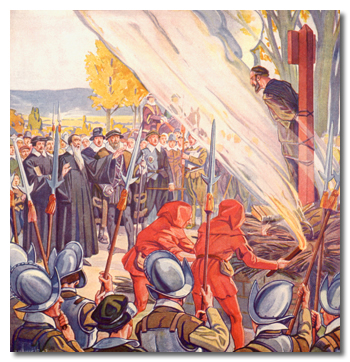Before proceeding further in our series of posts on divine sovereignty and human freedom, it would be good to clarify some of the contested concepts in the debate.
Let’s begin with two fundamental concepts:
1) Free will. The ability of an agent to make genuine choices that stem from the self. Libertarians argue that free will includes the power to determine the will itself, so that a person with free will can will more than one thing. Compatibilists typically view free will as the power to act in accordance with one’s own will rather than being constrained by some external cause, allowing that the will itself may ultimately be causally determined by something beyond the self. Hard determinists deny the existence of free will altogether. Most Christian theologians agree that humans possess free will in some sense but disagree about what kind of freedom is necessary. The possession of free will does not entail an ability not to sin, since human freedom is shaped and limited by human character. Thus a human person may be free to choose among possibilities in some situations but still be unable to avoid all sin. /1/ Continue reading “Debate on Divine Sovereignty and Human Freedom: Fundamental Philosophical Concepts”



